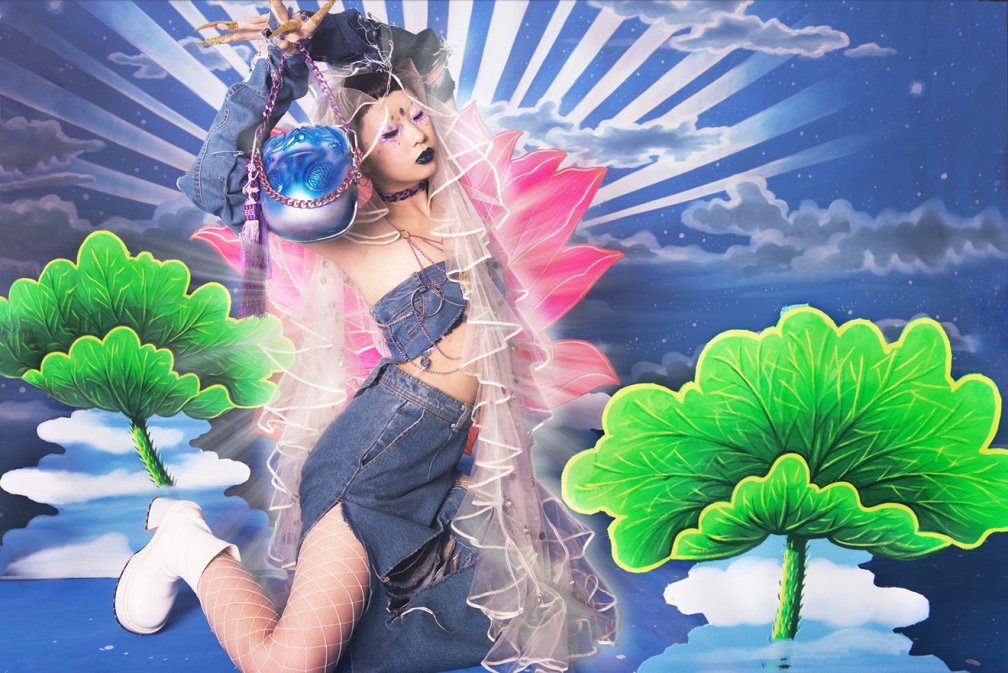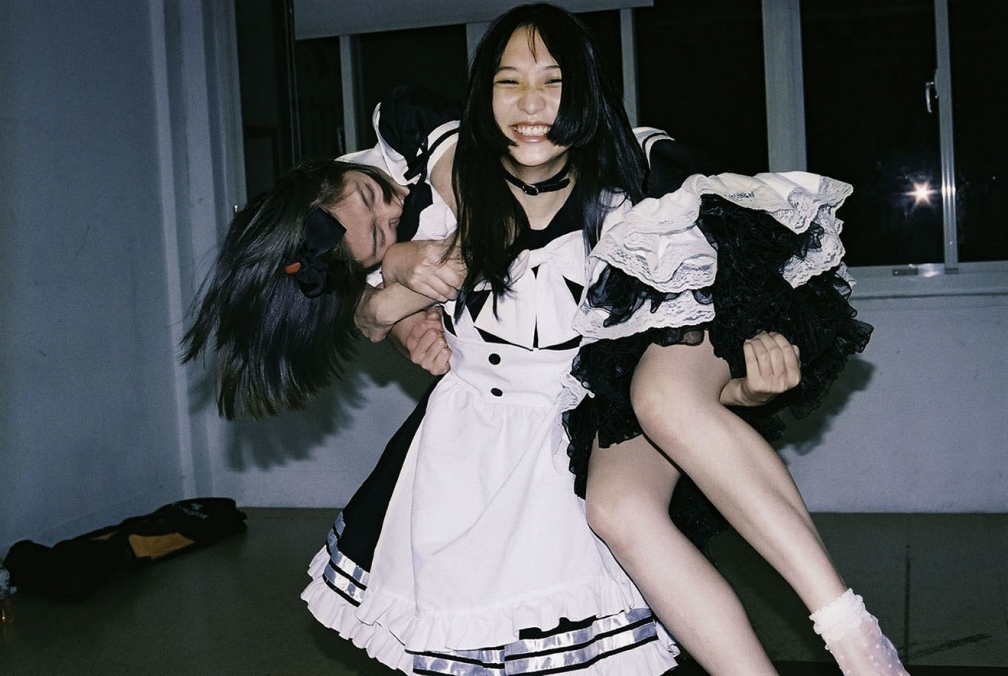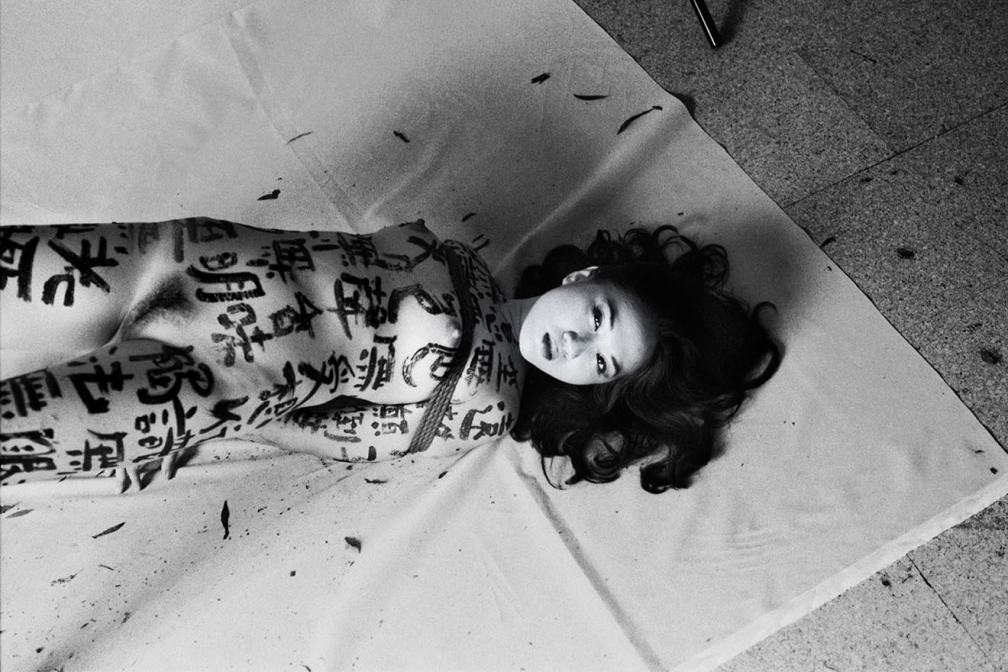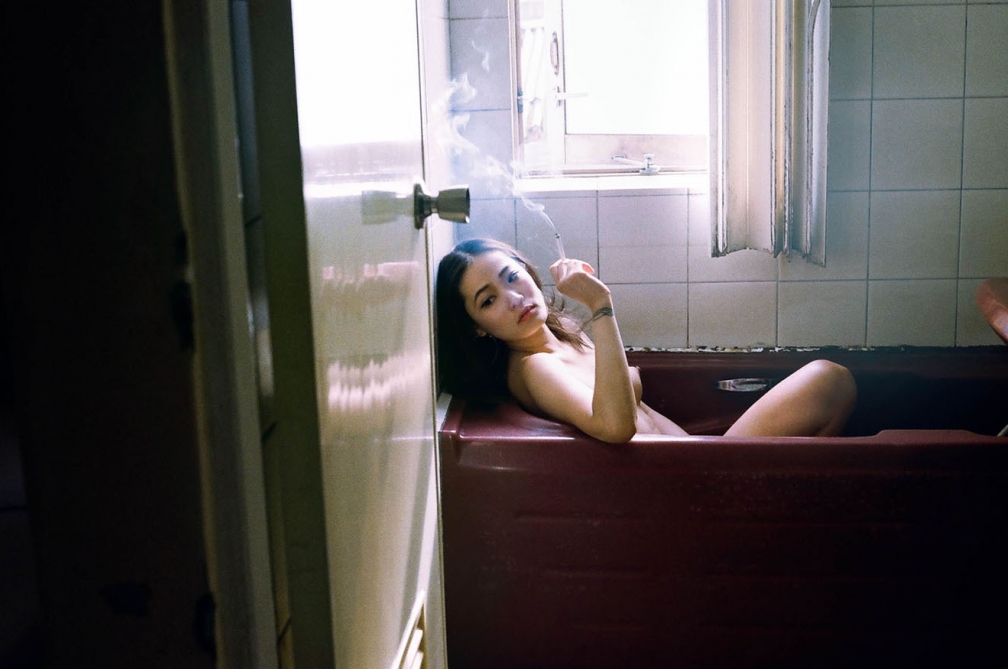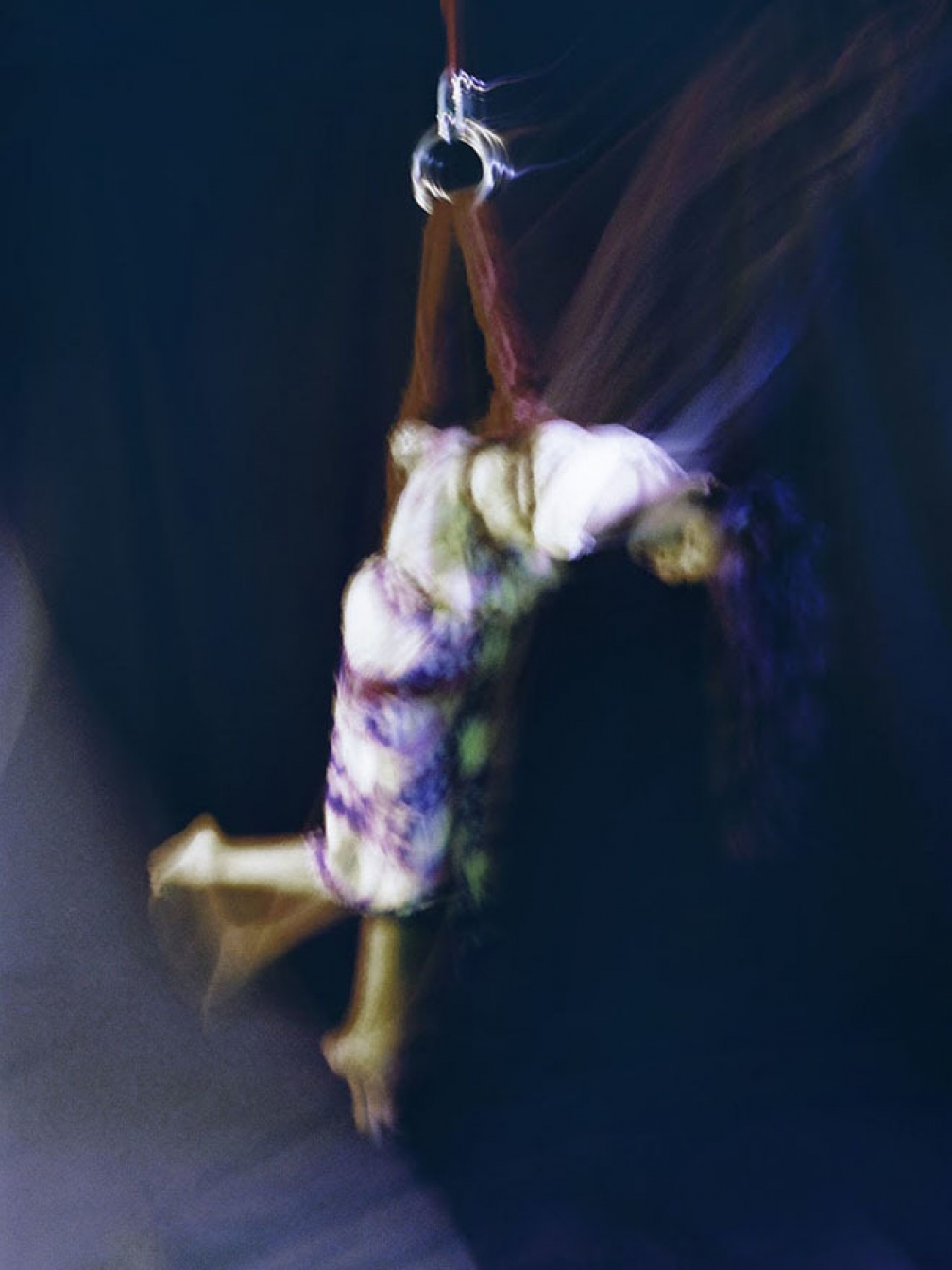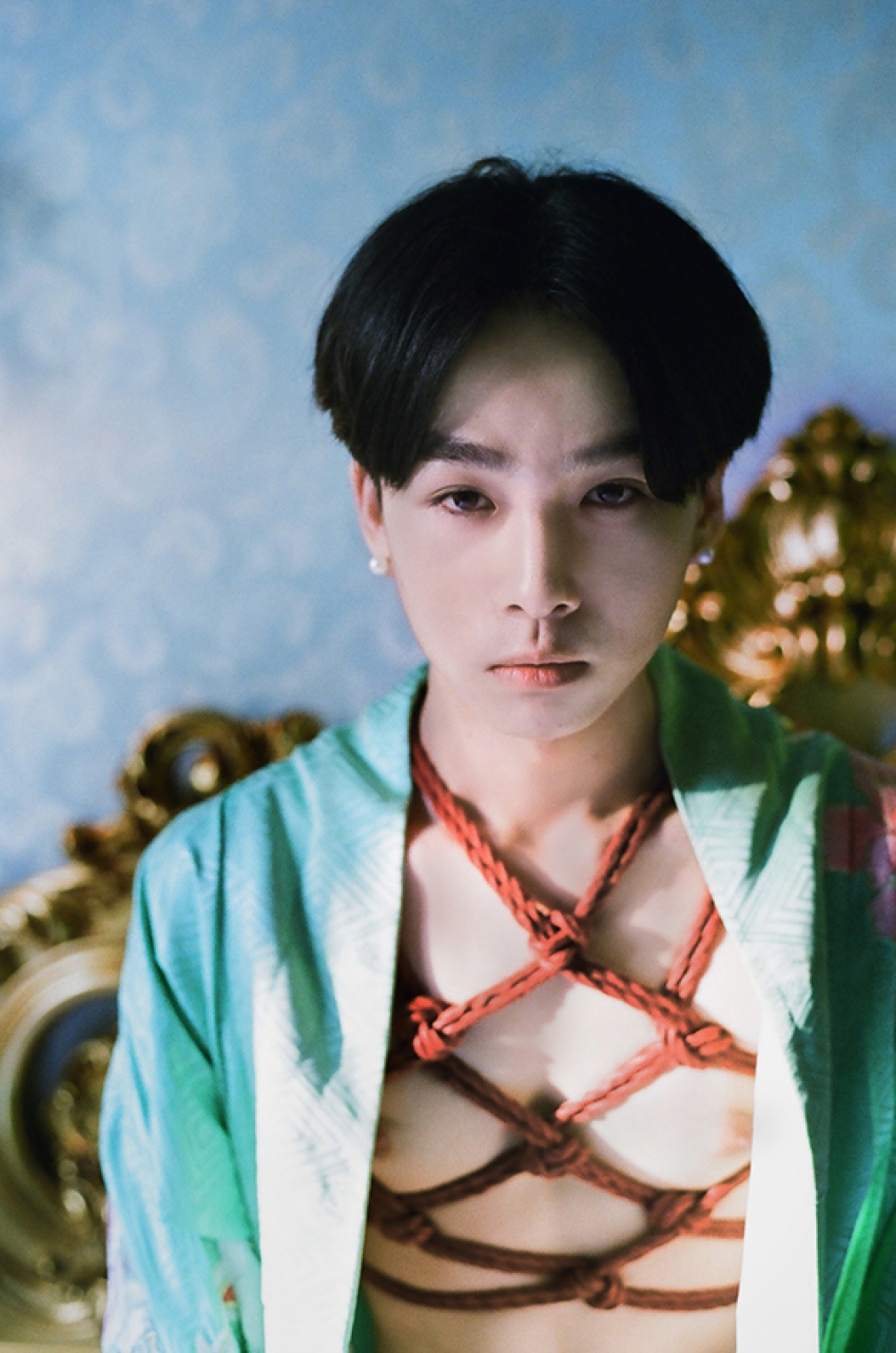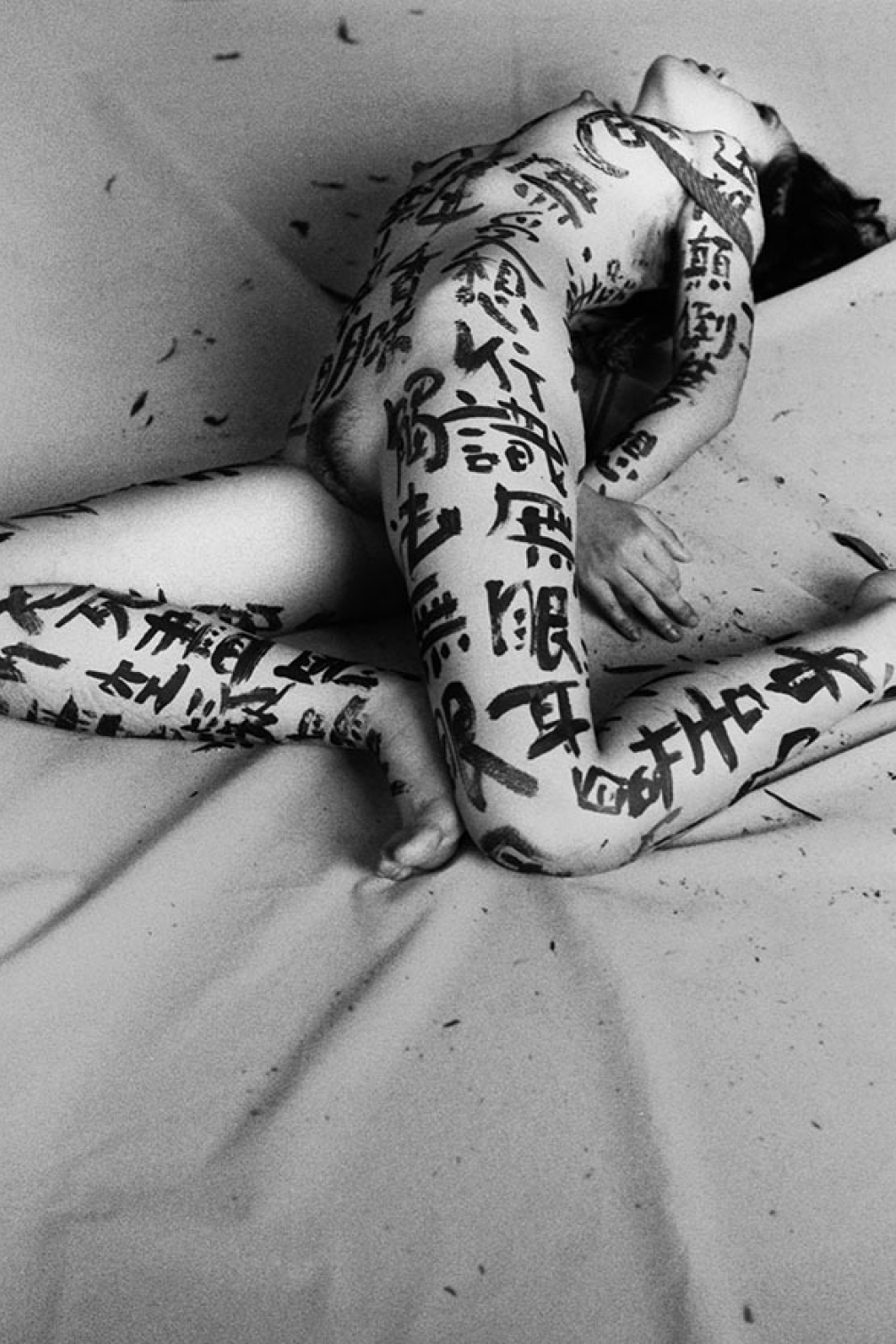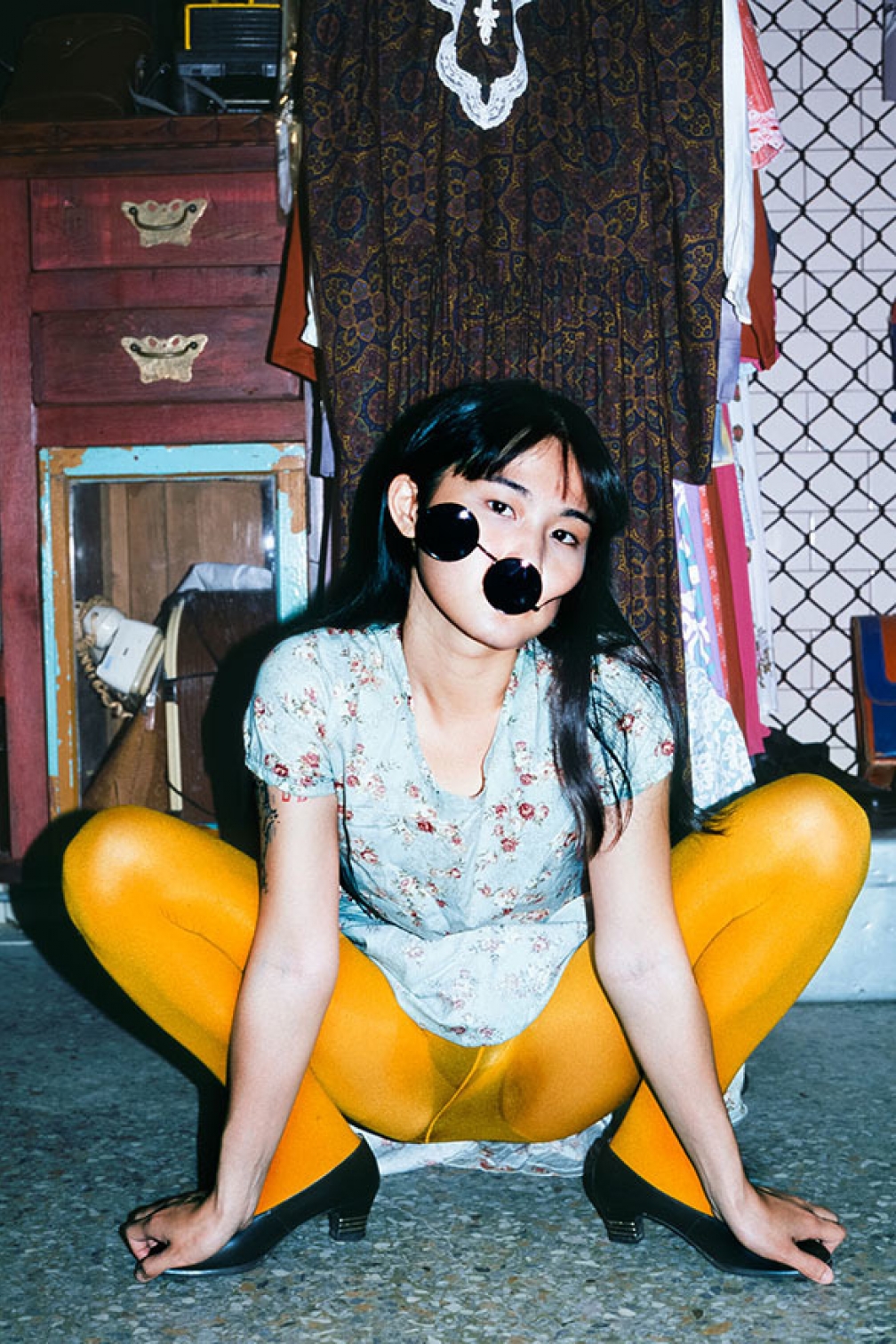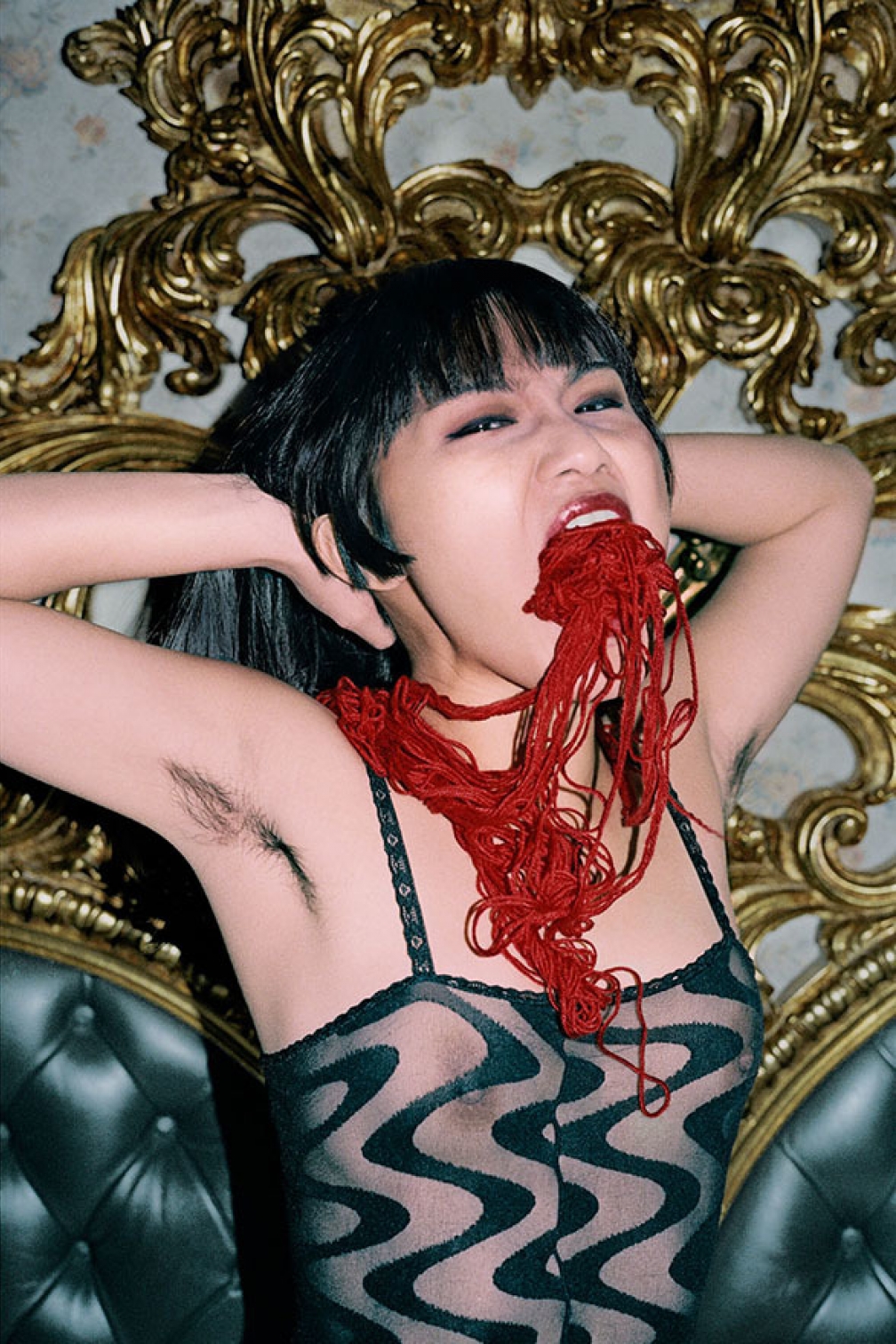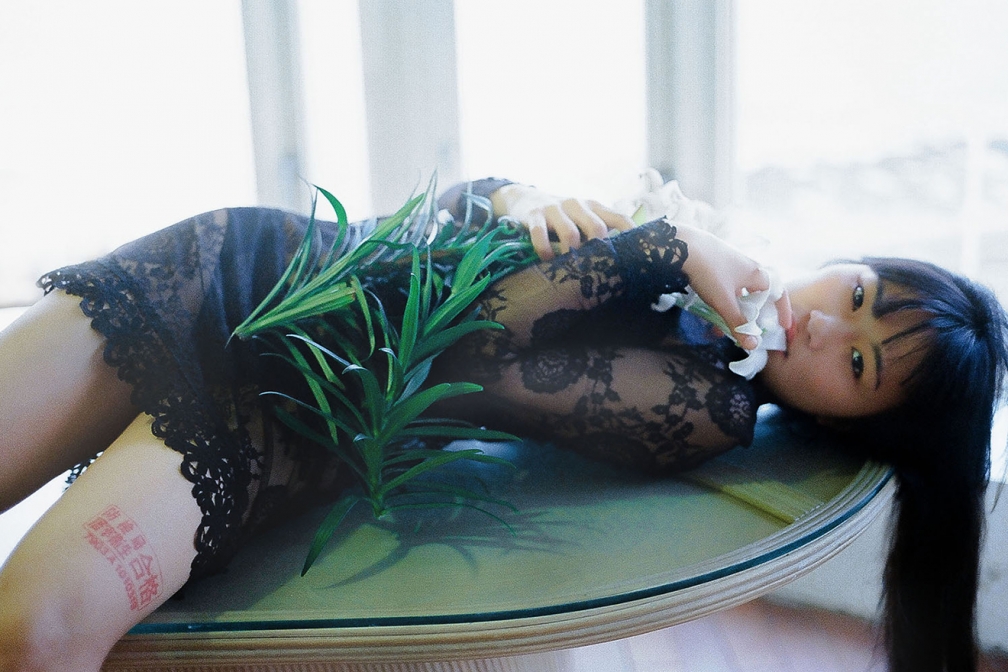Su Misu’s work captures the nascent of BDSM & LGBTQ+ communities in Taiwan
The artist shares her views on queer life and electronic music
Taiwanese artist Su Misu explores themes surrounding gender identity, sexuality and bondage in works that range from candid nudes to subversive religious imagery in a place that is heralded as becoming a creative haven for freedom of expression (Taiwan is home to Asia's largest-ever Pride parade and is the first place on the continent to legalize same-sex marriage). Through her many mediums of work, she captures the experiences and attitudes of a culture just getting familiar with sexual diversity. Her work draws from Lacan’s psychoanalytic concept of the mirror stage, which is where a subject becomes alienated from itself and is introduced into an imaginary order.
In 2012, the artist emerged after creating performance and photographic work dealing with BDSM, then went on to work in a red-light district in order to further explore the idea of sex as an object of exchange. In 2016 she received a project grant from the Taiwan Ministry of Culture and published her first photography cataloge called ihategoodbye — and in the gallery above you’ll find a selection of work from this series.
Su Misu’s work is represented by Chi-Wen Gallery in Taipei.
Taiwan is one of Asia’s most LGBTQ friendly countries. What about this culture inspired you to focus your work on the queer community?
與其說關注,不如說我本來就是在社群裡面的人,最早開始是BDSM實踐 者(BDSMer)中,在我的生命經驗過程中逐一透過每次的相遇、探索與經 驗,轉化了我想表達我的一些疑問。到現在我認為我處理的是宏觀的人類 議題,針對扮裝角色,生命如戲,與關係等,不單只有LGBTQI族群的問 題。
I was introduced early on to BDSM practitioners (or BDSMers) so for as long as I can remember, this has always been the community I identify with. It transformed the way I saw and questioned life, bringing with it new expressions and deep exploration through each encounter. My work does not just represent the LGBTQI community but also looks at greater topics surrounding human desire such as role-playing, fantasy, relationships, etc.
What are some of the most common themes that you entertain when conceptualizing your work?
通常人們會問是藝術還是色情的問題,我會說混合這兩種與包含這兩種, 無法被切割,也沒有高低上下,是純然可以透過每個人的生命背景去體現 他們對藝術/色情的看法。如果今天我們看到一個裸體作品強調是自然而 非色情,那對他來講就是自然的作品不容許其他空間。我覺得我的作品你 是可以提出各種正負面詞彙的空間。「喔!這很色情呢~」那我們接下來 可以開啟你對色情,甚至慾望,與關係的想像。
People often ask me whether I am doing art or pornography, and I would say it is a mix of both because I'm unable to categorize it as specifically as one or the other (no line or limitation should define it, and neither is above the other). People will base their views of pornography/art on their own experiences, knowledge or simply what they are told. For example, if we saw a nude piece and were told it's a piece focused on natural beauty, then we would see it as that. While many that often say of my work, “Oh, this is definitely pornography!”, there are many ways to describe my work and I just see it is an opportunity to further explore pornography, perversions, desires and relationships.
How do you personally view Taiwan’s creative community and arts sector when it comes to freedom of expression, especially when compared to neighbouring countries?
拜網路所賜人人都可以透過自媒體表達自己的價值觀與政治立場,這是自 由的。 但我們能不能傾聽另一種聲音,讓一種聲音出現進而開始討論。像是挑釁 這個當代的言論自由、多元平等的社會還是有我們看不到的「假裝和諧的 事件」。
With the power of the internet, anyone can freely express their values and political stance. We pretend we live harmoniously, but there is still a lot we cannot see. But can we actually make the type of noise that is loud enough to create discussions surrounding free speech, living in a pluralistic equal society, and so on?
Your style of photography is very staged. Why do you choose the way rather than hitting the streets of let’s say Taiwan’s red light districts for raw photos without actors?
我覺得人有很多面向,但攝影影像會確定一個人的身分與形象,我不能確 定這個影像就是完全的代表這個人。讓演員有另一個他自己的想像,像是 看著照鏡子的他,是他也是他自己。所以選擇使用舞台式攝影也是這個原 因。
I think people have many personas, and an image can define a person’s identity and status. I cannot say that each capture fully represents that person, but each capture is of what the person desires to show in that moment. It's like looking in a mirror and acting out who they want to be through their imagination, which is why I give them a stage for the photos.
I understand that you’re interested in electronic music and the electronic music community is interested in you. Is there any crossover between your work and Taiwan’s underground music community? How do you view Taiwan’s electronic music scene?
我常去比較主題展演性的地下club派對,像是台北B1有定期舉辦「blush- 變裝皇后表演」,或是台北的Final有不定期表演主題的企劃與實驗性的音 樂。最近則因為疫情關係,反而更喜歡去秘密地點的戶外派對。通常是在 台灣的郊區或海邊的廢墟,再一次探索當下的地景重新感知。
I often go to underground parties that embrace performance art. For example, B1 in Taipei has a regular 'Blush Drag Night' and Final has a night dedicated to performance art and experimental music events. Recently, due to COVID, I have found myself preferring secret outdoor parties in the suburbs of Taiwan or in rural seaside areas, where I can explore and gaining new perspectives of the current landscape we live in.
All images courtesy of courtesy of the artist and Chi-Wen Gallery


